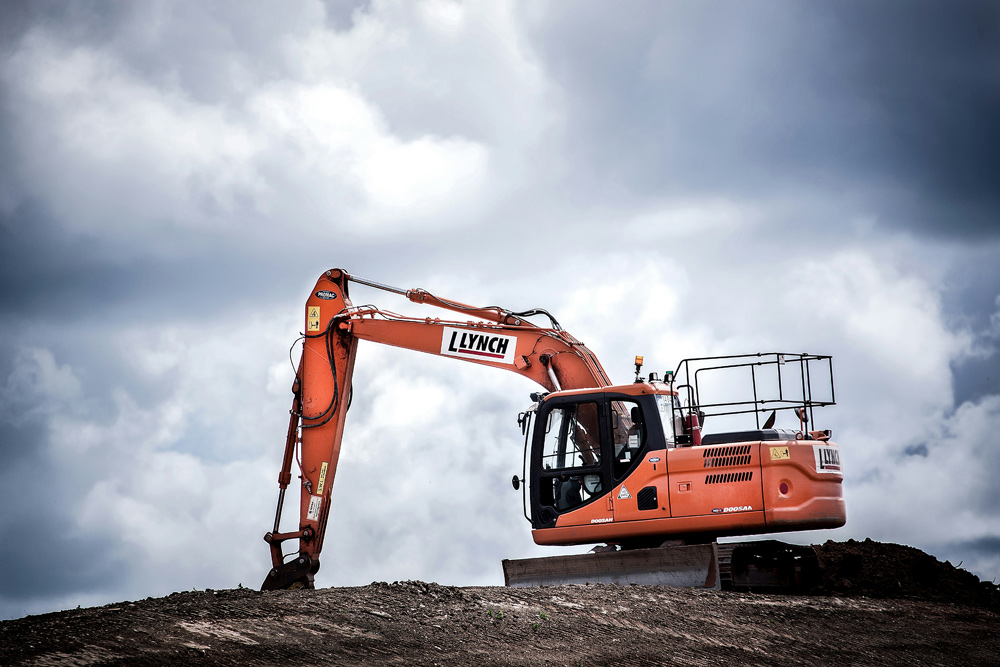
Property Development: Finding the Ideal Site
Choosing the Right Site
The location of your property development is crucial to its success. A well-chosen site can enhance the value of the development, attract buyers or tenants, and ensure a profitable return on investment. Conversely, a poorly chosen site can hinder the development's potential, leading to financial losses.
This article delves into the intricacies of property development site selection, providing insights into the factors that shape site suitability and the importance of conducting thorough feasibility studies, empowering developers to make informed decisions that maximise the likelihood of project success.
Preliminary Site Investigations
Before diving into a full feasibility study, it's a good idea to gather some basic information about the site first. You can often get this information by calling or visiting the local council.
The first thing you need to find out is the zoning of the site. This will tell you what types of buildings are allowed on the site and what restrictions there are. For example, you might not be able to build a high-rise apartment building in a residential area.
Next, you need to check for any potential problems with the site, such as floodplains, heritage overlays, or environmental concerns. These problems could make it difficult or impossible to develop the site. For example, you wouldn't want to build a house in a floodplain.
By getting this information upfront, you can avoid wasting time and money on a project that is not feasible.
Pre-Purchase Feasibility & Site Cost Analysis
A pre-purchase feasibility study is an essential step in evaluating a potential development site.
It involves a comprehensive assessment of the site's suitability for your development project, considering various factors such as zoning, planning restrictions, environmental considerations, and market demand.
Zoning
Zoning regulations determine what types of development are permitted on a particular site. It's essential to ensure the site's zoning aligns with your intended development.
Population
The surrounding population and its demographics play a significant role in determining the demand for the type of development you envision. Consider factors like age, income level, and lifestyle preferences.
Environmental or Heritage Issues
Environmental considerations, such as floodplains, protected areas, or heritage overlays, can restrict or alter development plans. It's crucial to identify and address any environmental or heritage concerns.
Market Conditions
The overall market conditions, including supply and demand for similar properties, will influence the marketability and profitability of your development.
What is Included in a Feasibility Study?
A comprehensive feasibility study typically includes the following elements:
Site Analysis: A detailed assessment of the physical characteristics of the site, including topography, soil conditions, access points, and utilities.
Zoning and Planning Analysis: A review of zoning regulations, planning overlays, and any potential planning constraints that may impact the development.
Market Analysis: An evaluation of the local market, including demand for similar properties, competition, and pricing trends.
Financial Analysis: A site cost analysis is an integral part of the feasibility study. It involves estimating all costs associated with acquiring and developing the site, including land purchase costs, construction costs, professional fees, and holding costs.
Risk Assessment: An identification and evaluation of potential risks associated with the project, such as delays in planning approvals, changes in market conditions, or environmental issues.
The Importance of Expert Pre-Purchase Advice
Navigating the complexities of property development can be challenging, especially for first-time developers. Numerous regulations, planning considerations, and market factors can significantly impact the viability of a project.
Expert pre-purchase advice from experienced project development managers or town planners provides invaluable insights and guidance throughout the process. They can:
Interpret Planning Regulations: Help you understand and interpret complex planning regulations, policies, and potential restrictions that may affect your development.
Identify Potential Issues: Anticipate potential problems or delays that may arise during the planning and approval process.
Optimise Development Potential: Provide recommendations to maximize the development potential of the site while adhering to planning constraints.
Negotiate with Authorities: Assist in negotiations with local councils and other relevant authorities to expedite the planning process and resolve any issues.
Minimise Risks: Help you make informed decisions that minimize risks and maximize the likelihood of a successful project.
Summary
Finding the ideal site for a property development requires careful consideration of various factors, including location, market conditions, planning regulations, and potential risks. Pre-purchase feasibility studies and expert advice play a crucial role in assessing the viability of a project and making informed decisions. By conducting thorough research, seeking expert guidance, and physically inspecting the site, developers can increase their chances of success and minimize the risk of costly mistakes.
Additionally, it is essential to purchase a property that is suitable for both resale and long-term holding for rental. This flexibility provides a safety net in case of unforeseen market fluctuations. Similarly, always prioritize well-located properties, as they maintain their value even during economic downturns. Moreover, ensure that the purchase price allows for a minimum 15% profit margin on development costs, protecting against market corrections.
deep understanding of the market, gained through careful observation, leads to better judgment and informed choices. Even if it takes a year to find the ideal site, patience is paramount. Finally, when a suitable property arises, act swiftly. Property development is time-sensitive, and hesitation could lead to missed opportunities.
By adhering to these principles, developers can navigate the complexities of property development with greater confidence, increasing their likelihood of achieving success.
Need Finance For Your Development?
As a flexible non-bank finance, we are not afraid to ‘get our boots in the dirt’ - Our ability to work directly on a personalised level with developers is what sets us apart from competitors.
We're mainly funding land subdivisions, housing estates, townhouse developments, investment properties and unit blocks, with some commercial and industrial developments.